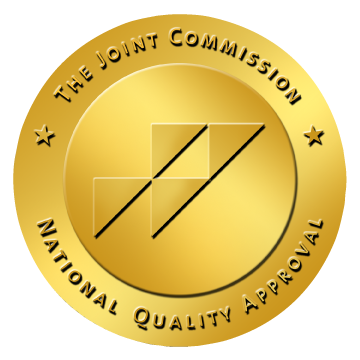Recovery is a journey, not just for the individual battling substance use disorder or mental health conditions, but for their entire family. As families navigate addiction recovery, one of the most critical tools they need to possess is effective communication.
Healthy communication is the backbone of understanding, support, and progress for the individual in recovery and their family. Why? Effective communication fosters empathy, allowing family members to understand their loved one's experiences, challenges, and emotions.
Communication also provides a platform for families to express their feelings and needs, leading to a more collaborative and empathetic approach to recovery. Additionally, open and honest communication enables family members to share their concerns, set boundaries, and coordinate their efforts to provide effective support. Without communication, misunderstandings can lead to conflict, mistrust, and isolation, hindering the recovery process. In contrast, when communication is prioritized, it can become a powerful tool for building trust, strengthening relationships, and ultimately helping the family unit work together toward lasting wellness.
Listening actively means being fully present when your loved one speaks. This simple act of undivided attention can help your family member feel heard and valued. Put away distractions, make eye contact, and nod to show you're engaged. This not only builds trust but also encourages them to share their thoughts and feelings more openly.
When discussing sensitive topics or concerns, use "I" statements to express your own feelings and thoughts. For example, say, "I feel worried when I see you struggling" instead of "You make me worry." This approach encourages a more empathetic and less defensive conversation, making it easier for your loved one to understand your perspective. Some good “I” statements that can foster healthy communication include:
Empathy is a powerful tool in understanding and supporting someone with a substance use disorder or mental health condition. Try to understand their point of view, even if you don't fully agree. Share your concerns while acknowledging their struggle. This fosters an atmosphere of compassion, trust, and support. Practical examples of empathy include:
Recovery is a bumpy road, often with setbacks. It's crucial to remember that relapse is not failure, but a part of the journey. Be patient with your loved one and with yourself. Celebrate their achievements and offer a helping hand when they stumble.
While empathy and understanding are essential, it's also vital to establish healthy boundaries. Communicate your limits and what you can and cannot do to support your loved one. Setting boundaries is an act of self-care and ensures you're not overwhelmed in the process. Some important boundaries to set include:
Consider involving a professional, such as a family therapist or counselor, in your journey. Family therapy can provide a safe space to address complex issues and learn effective communication strategies tailored to your family's needs.
Some of the key issues that family therapy can help resolve include:
Recovery is an ongoing process. Regularly check in with your loved one to see how they're doing. Encourage them to share their challenges, progress, and goals. Open dialogue promotes trust and helps you stay connected.
Effective communication within a family during recovery is not a quick fix, but an ongoing practice. By actively listening, using "I" statements, embracing empathy, practicing patience, establishing boundaries, seeking professional guidance, and maintaining open dialogue, you can build a strong foundation of support for your loved one. Remember, your family's recovery journey is a shared one, and every step you take together is a step toward lasting wellness and hope. Contact us today to learn more about our family recovery programs.
